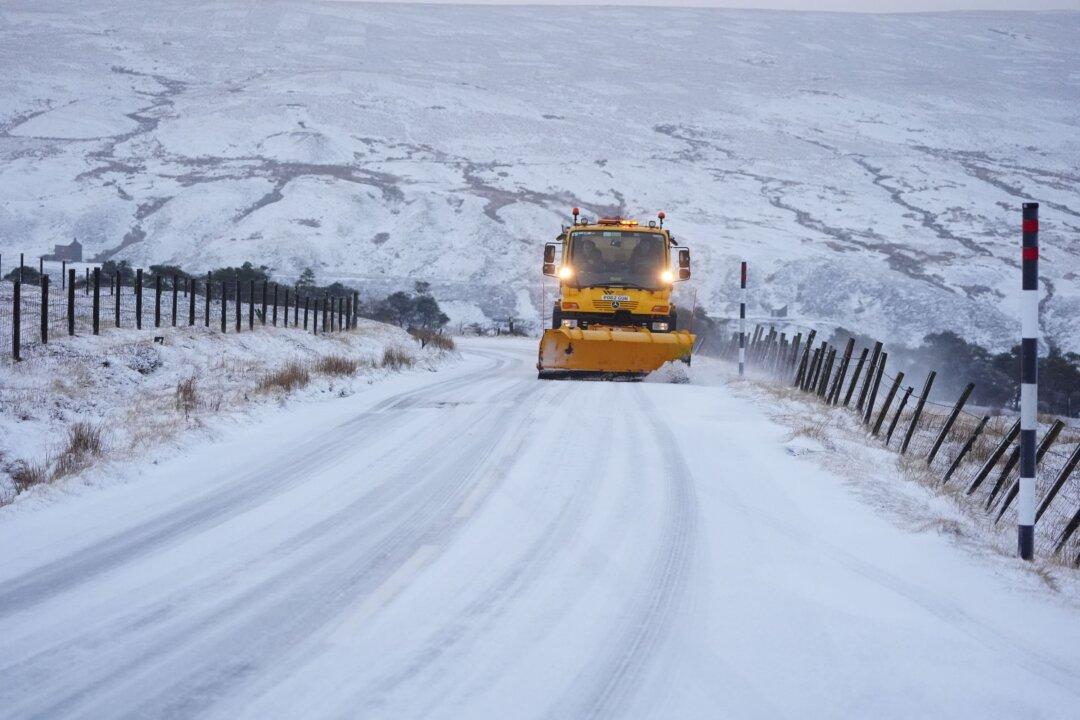British MPs must have a vote in Parliament to approve any future school closures following the “disaster” of Covid-19 lockdowns, a senior Tory has said.
Halfon is introducing a Bill aiming to redefine schools as ‘essential infrastructure’ to protect millions of pupils from future shutdowns.




